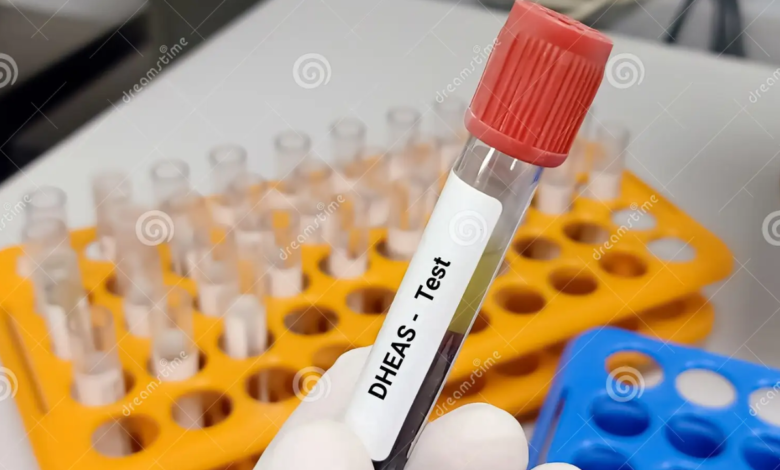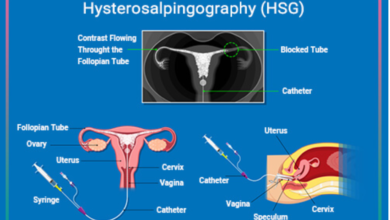Dehydroepiandrosterone (DHEA)

What is Dehydroepiandrosterone test?
DHEA is a hormone produced by the adrenal glands. It’s a precursor to both testosterone and estrogen, the primary male and female sex hormones. DHEA levels naturally rise during adolescence and decline with age.
Why Dehydroepiandrosterone test is required?
A DHEA test may be ordered to:
- Evaluate adrenal gland function.
- Assess hormone imbalances related to fertility, menopause, or andropause.
- Diagnose certain medical conditions, such as adrenal hyperplasia or Cushing’s syndrome.
- Monitor the effectiveness of treatments for hormonal disorders.
- Assess the risk of certain health conditions, such as heart disease or osteoporosis.
Which are the method of Dehydroepiandrosterone test?
The most common method for measuring DHEA levels is a blood test. A blood sample is drawn and analyzed in a laboratory.
Who should go for Dehydroepiandrosterone test?
Individuals who may benefit from a DHEA test include:
- Women experiencing symptoms of menopause, such as hot flashes or night sweats.
- Men with symptoms of andropause, such as decreased libido or erectile dysfunction.
- People with known or suspected adrenal gland disorders.
- Those undergoing treatment for hormonal imbalances.
- Individuals at risk for certain health conditions, such as heart disease or osteoporosis.
What are the results of Dehydroepiandrosterone test?
The results of a DHEA test are typically expressed as a numerical value representing the concentration of the hormone in the blood. Abnormal levels may indicate underlying health conditions. It’s important to consult with a healthcare provider to interpret the results and discuss appropriate next steps.
What are the components of Dehydroepiandrosterone test?
The DHEA test itself typically involves only a blood sample. However, it may be ordered in conjunction with other tests, such as testosterone, estrogen, or cortisol, to provide a more comprehensive picture of hormonal function.





